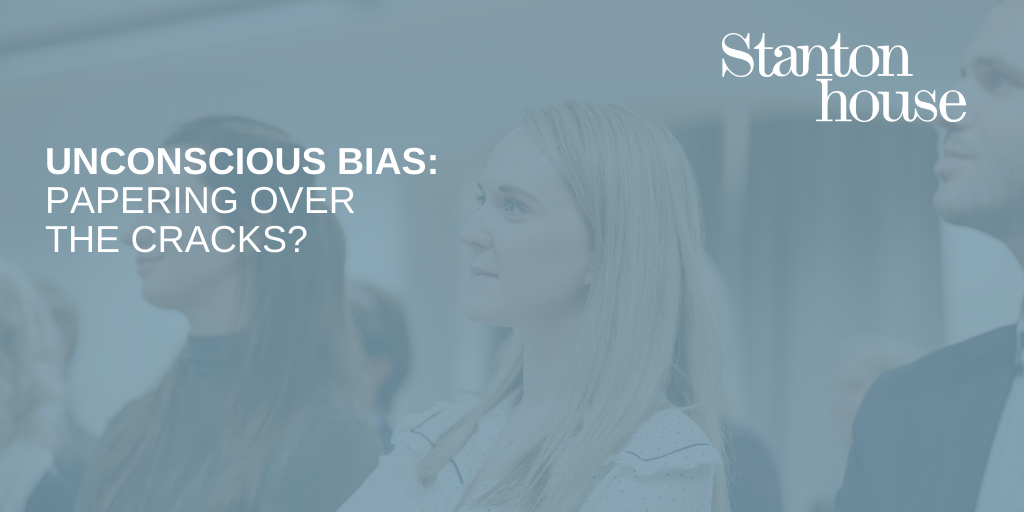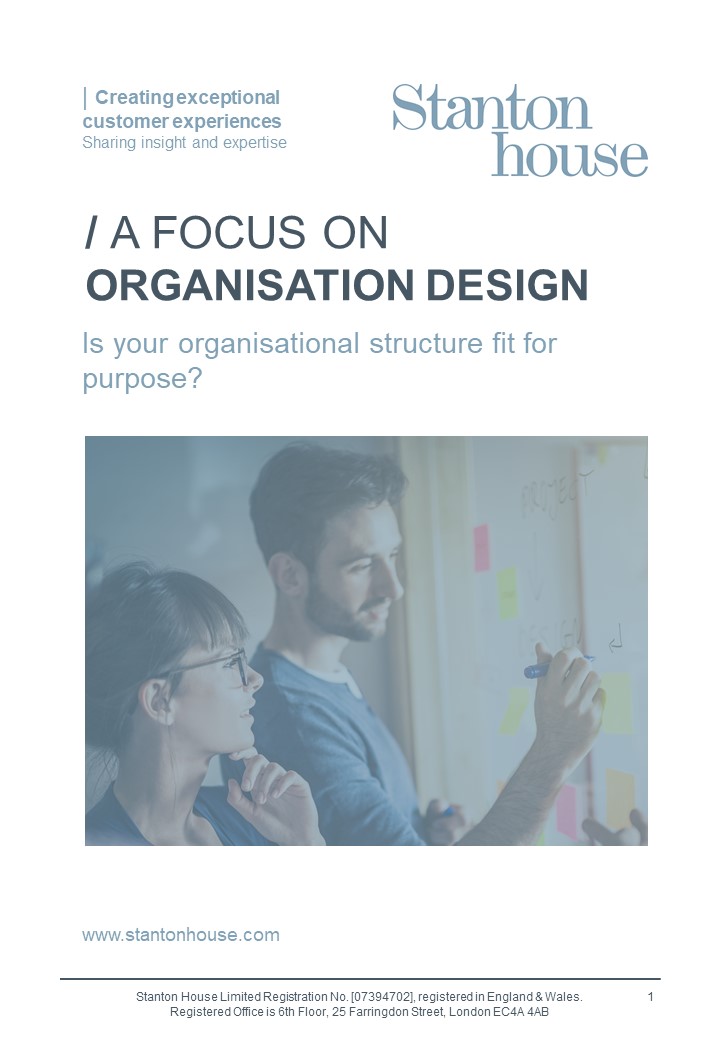
This blog was posted by Tom Gilchrist
Senior Consultant

Posting date:
29 Oct 2019
You can barely get through a conversation with an HR professional without hearing the term ‘unconscious bias’. It’s been crowned the HR buzzword of 2019 and if I’m honest, I can’t wait to see the back of it.
That isn’t because I don’t believe in the cause nor do I question its existence, in fact, it’s for that very reason that I am wholly against us promoting the term in the same way we pay lip service to gender, racial, intergenerational, hierarchical and disability diversity.
Unconscious bias is defined as prejudice or unsupported judgements in favour of or against one thing, person or group compared to another that is deemed to be unfair and it’s most commonly found within the recruitment process.
Often we see organisations turning away candidates due to an implied origin, sexuality, gender or ability – which is very different to competency – and, as a result of these systemic prejudices and ingrained behaviours, the recruitment world has introduced measures like blind CVs, AI-tailored sourcing and a whole range of initiatives to improve diversity on a whole such as balanced shortlists.
But, while it’s healthy and encouraging to have these conversations – are we just allowing the worst offenders to continue their hiring habits, hiding in the noise of the trend? And, are we just mirroring the gender pay reports and ‘me too’ movements dominating headlines with little changing in terms of behaviour or attitudes in the Board room?
Many organisations; especially big ones, do a great job of publishing big and brash statements to portray their collective outrage about diversity imbalances such as gender and mobility yet, many fail to actually put any mechanisms or process in place to ensure the agendas are seen through. What’s more, how many organisations do you know that have measurements in place to assess the successfulness of such initiatives?
I’m seeing the very same thing happen with unconscious biases in the hiring process. Many organisations will request a female candidate rather than seek out diversity of thought for instance which not only promotes positive discrimination but also begs the question, do they care about gender diversity at Board level, or, are they filling a quota to meet their external branding?
In a similar fashion, many organisations claim to leave unconscious biases at the office door yet refuse to accept blind CVs. The resume, competencies, experience and skillset remain the same – it’s the name that paints a full picture of a person which ultimately, infers bias.
I’m really keen to hear from my HR network about the plight of unconscious bias. Are we papering over the cracks with the conversation or, is work going on behind the scenes to really, really improve this?
Similar blogs

Insight papers
We take great pride in being able to share expert knowledge and having an opinion on the topics that will impact your hiring success or professional career.
Explore and download our recent insight papers.
.jpg)



